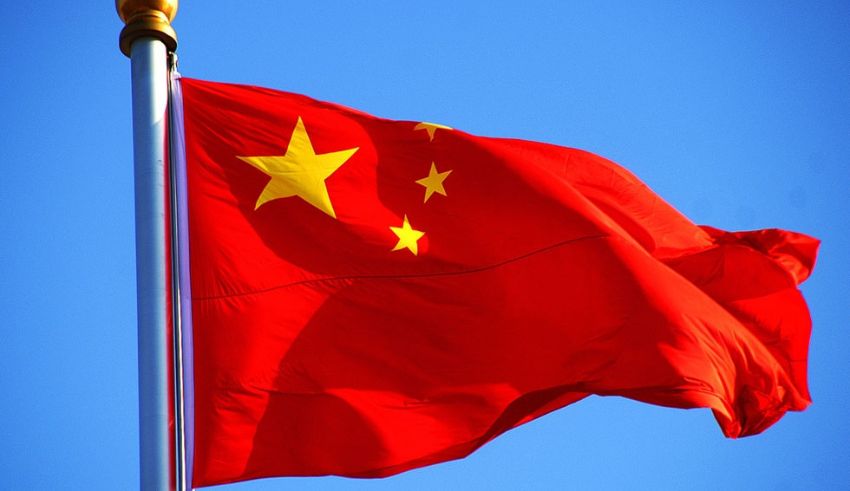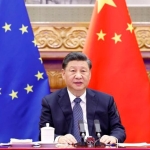
As the holiday season approaches, many Americans are looking for gifts to buy for their loved ones. But how much attention do they pay to where these products are made?
According to a recent survey by the Pew Research Center, only 36% of Americans say it is very important to them to buy products made in the USA, while 52% say it is somewhat important and 12% say it is not too or not at all important.
The survey also found that Americans have mixed views on the impact of Chinese-made products on the US economy. While 46% say that buying goods from China has a negative effect on the US economy, 38% say it has a positive effect and 15% say it has no effect.
The US trade deficit with China has been a contentious issue in the bilateral relations, especially under the Trump administration, which imposed tariffs on hundreds of billions of dollars worth of Chinese imports in an attempt to reduce the imbalance.
However, despite the trade war, China remains the largest source of US imports, accounting for 18% of the total in 2020, according to the US Census Bureau. Many of the products imported from China are consumer goods, such as clothing, footwear, toys, electronics and furniture.
Some analysts say that the US reliance on Chinese-made products is unlikely to change significantly in the near future, as China has a competitive advantage in terms of cost, quality, variety and supply chain efficiency.
“China has a very well-developed manufacturing ecosystem that is hard to replicate elsewhere,” said Mary Lovely, a senior fellow at the Peterson Institute for International Economics and a professor of economics at Syracuse University.
Keep Reading
Lovely said that while some US companies have diversified their sourcing to other countries, such as Vietnam, Mexico and India, they have not completely abandoned China.
“China is still a very attractive place to do business, especially for high-tech and high-value products,” she said.
Lovely also said that the US consumers’ preference for low prices and high quality makes it difficult for domestic producers to compete with Chinese imports.
“Americans like bargains, and they are not willing to pay a premium for products made in the USA,” she said.
Lovely added that the Covid-19 pandemic has also highlighted the importance of having a diversified and resilient supply chain, as some US industries faced shortages of critical goods, such as medical equipment and personal protective equipment, that were mainly sourced from China.
She said that rather than trying to reshore or decouple from China, the US should work with its allies and partners to establish common standards and rules for trade and investment, and to address the issues of unfair trade practices, intellectual property rights and cybersecurity.
“The US and China are deeply intertwined in the global economy, and that is not going to change overnight,” she said. “The challenge is how to manage this relationship in a way that benefits both sides and the rest of the world.”

























